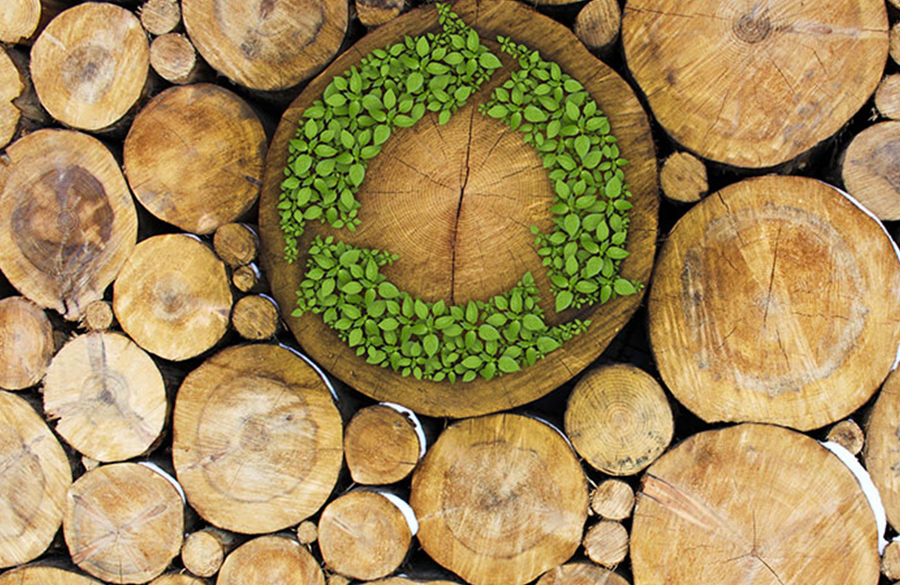The parent company of Zara, Inditex, sets out Global Sustainability Commitments. Its executive Chairman, Pablo Isla, stated in recent Annual General Meeting that by 2025, 100% of the cotton, linen and polyester used by all eight of its brands will be organic, sustainable or recycled.
“Sustainability is a never-ending task in which everyone here at Inditex is involved and in which we are successfully engaging all of our suppliers”, said Isla.
By 2020, Inditex commits to fully eliminate the use of plastic bags, a milestone already attained at Zara, Zara Home, Massimo Dutti and Uterqüe. And by 2023, all single-use plastics will have been totally eliminated for customers sales.
Among those targets, he stressed that by 2025 Inditex will only use cotton, linen and polyester that is organic, more sustainable or recycled. Use of cotton, linen and polyester –together with viscose, which will reach this target by 2023- constitute 90% of the raw materials purchased by the Group. In addition, 80% of the energy used in the Group activities (stores, logistic centres and offices) will be renewable.
The first milestone, set for 2019, is for all of the Group’s platforms and head offices to meet the highest green building certificates and for 100% of
Also this year, the Group’s Join Life garments will account for one-quarter of the total. Join Life is the label used by all of the Group’s retail formats to single out the use of more sustainable raw materials such as organic cotton, recycled polyester and Tencel and the prioritisation of more water and energy friendly processes.
The volume of clothing featuring the Join Life label has already increased by 85% in 2018 to 136 million garments. The Group is anticipating further significant growth in 2019 – of 110% – and that by 2020 one in every four items of clothing put on sale will qualify for this sustainability label.
Currently, the company is recycling or reusing 88% of the waste. It will continue to introduce collection and recycling systems for all of the materials used in its package distribution and hanged garment operations (mainly FSC-certified cardboard boxes, recycled and recyclable plastic, alarms and hangers) for reuse within the supply chain itself or for recycling under the so-called Green to Pack programme.



